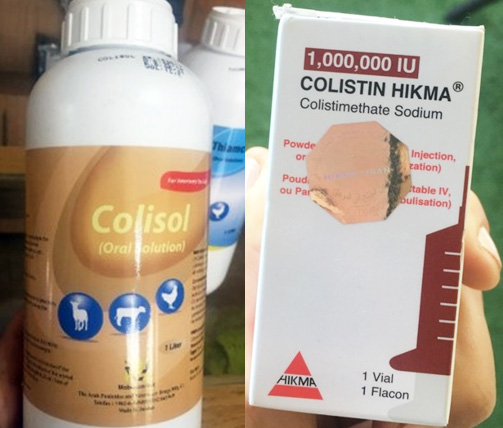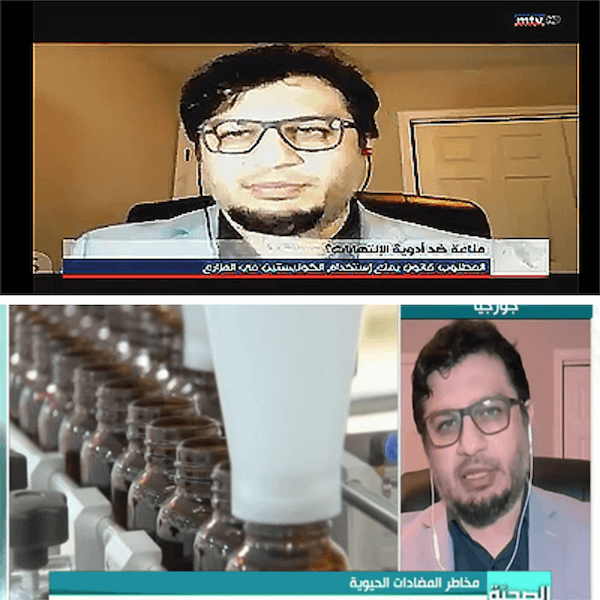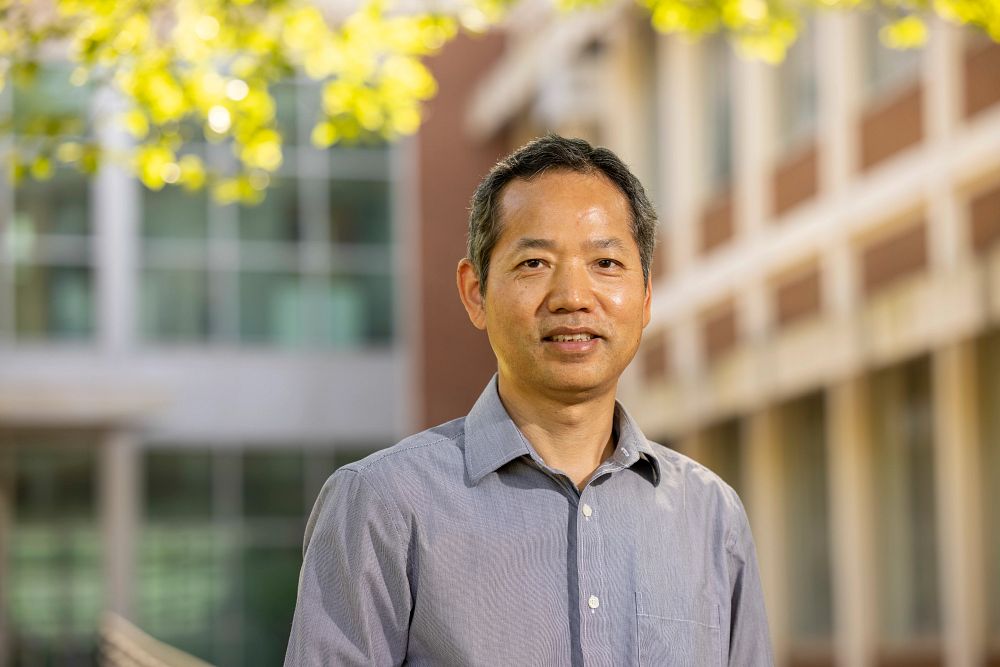
Colistin is one of the world’s most important antibiotics, but its overuse has contributed to the rise of antimicrobial resistance, “one of the top 10 global public health threats facing humanity,” according to the World Health Organization. In an effort to preserve colistin’s efficacy, the U.S. does not use it in food animals, and now, thanks to the efforts of University of Georgia Professor Issmat Kassem, Lebanon has followed suit, banning it for agricultural use in that country.
In 2017, Kassem discovered that colistin was marketed for use in food animal production in Lebanon without oversight. He and his team began researching the ramifications of colistin use on the spread of colistin resistance in the country.
Through a series of extensive research projects, he documented that colistin resistance had become widespread, showing that 98% of E. coli isolated from preharvest broiler chickens carried mobile colistin-resistance genes. Subsequent testing showed that colistin resistance had spread to vital resources such as irrigation and recreational waters, both fresh and marine, and was also detected in aquaculture, refugee camps and humans.
This indicated a significant problem — colistin is considered a “last resort” antibiotic that is used to control infections that other antibiotics cannot. Its overuse and/or misuse causes some bacteria to become resistant to it, such as the E. coli isolates found in Kassem’s studies. This means that if people or other animals contract a strain of colistin-resistant bacteria, there are potentially no medications that can treat their infection, leading to extreme, invasive health measures and possible death.
Yet food-animal farmers and other stakeholders in Lebanon were often unaware of the risk, Kassem said. “Not all of us understand if a drug is harmful,” he said. “Well-meaning farmers want to treat their animals and might use available drugs without understanding the larger health implications.”

And those implications do not stop at the border. Kassem said that colistin resistance is transmissible by humans via international travel and through agricultural and food exports. This means that if any one nation suffers from widespread colistin resistance, it could potentially affect the entire planet.
Kassem’s efforts to convince Lebanese lawmakers to ban the use of colistin in agriculture spanned six years, during which he conducted rigorous research and documented his findings in more than 18 research papers. He also advocated widely, speaking to anyone who would listen about the dangers involved.
He gave numerous addresses to the Lebanese parliament, talks to public officials and media interviews. Kassem said the issue has been covered in the Lebanese press “almost constantly” since 2020 and, through those interviews, he garnered public support for the ban.
“The evidence was there, the risk was real, and we gained media support for the initiative to ban the use of colistin in agriculture,” he said.
On May 12, Lebanon passed the ban, titled Resolution No. 221/1, making it one of the first laws of its kind to take effect in that country and region according to Kassem. The first two articles in the law clearly show the notable scope of the ban:
“Article One: It is prohibited to import and circulate colistin preparations or any other preparations containing colistin in the field of veterinary medicine, especially … medicines registered in the Ministry of Agriculture – Directorate of Livestock that contain colistin.
“Article Two: It is prohibited to circulate the veterinary medicinal preparations mentioned in the first article of this decision, and it is prohibited to use them in Lebanon on livestock, horses, poultry and other animals.”
For Kassem, this change reflects the importance of engaging in research on an international level.
“Science at its best, for me, is a tool of change,” Kassem said. “This is science directing policy and the impact of the law is good for the whole region. The global implications are positive for everyone.”
He added, “Solving problems abroad helps these nations and prevents the spread of antibiotic resistance to other countries, including the U.S.”



